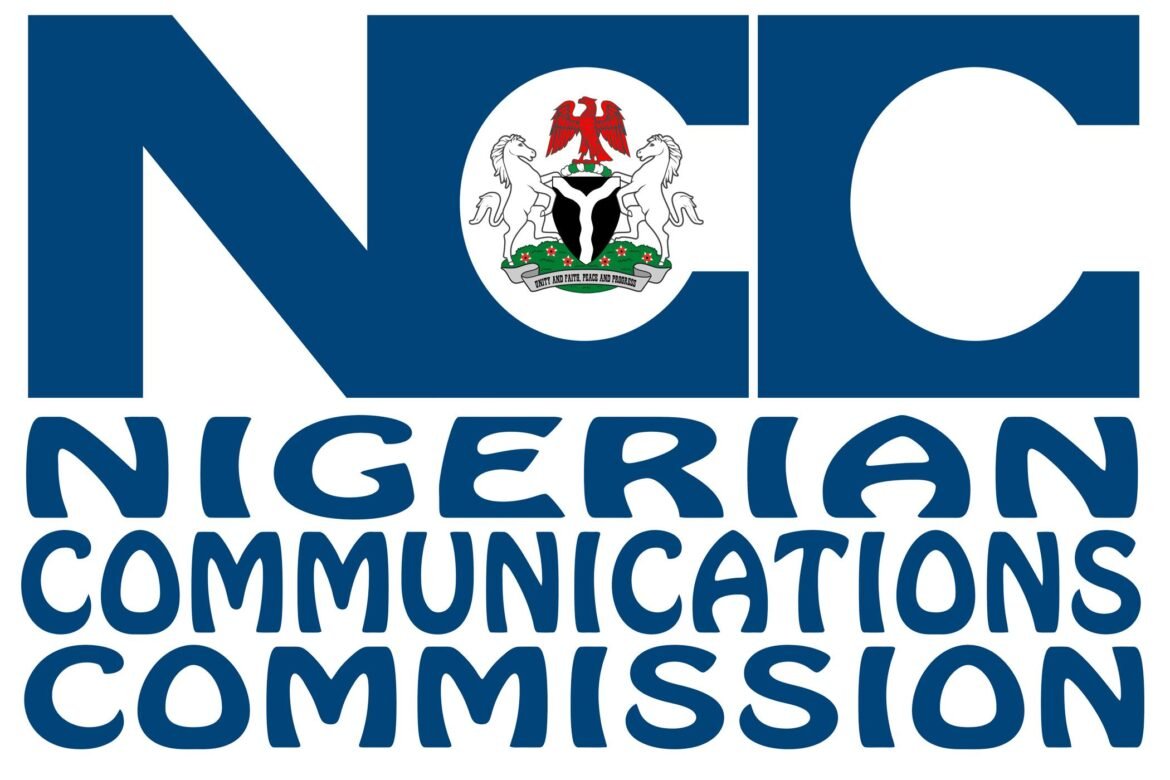As part of its revised framework, the Nigerian Communications Commission (NCC) has said consumer complaints relating to internet services must be resolved by telecommunications companies within a period of 72 hours.
NCC’s Executive Vice Chairman, Professor Umar Danbatta said the Commission would no longer tolerate the failure of service providers to address issues relating to consumer complaints, vowing to sanction erring operators.
The Commission said the new framework would ensure effectiveness in the sector and as well strengthens protection of telecoms consumers.
Danbatta said, “In the reviewed CC/SLA, with respect to the broad category of Quality of Service and Quality of Experience (QoS and QoE) in the data segment, when a telecom subscriber experiences fluctuation in service, such as instability in the Internet services, the subscriber shall be contacted by the service provider within four hours of reporting the incident and the disruption shall be restored within 72 hours.
”If the matter is escalated to the Commission, the consumer is expected to receive feedback within two hours, while the Commission ensures the issue is resolved within 48 hours. Additionally, the subscriber shall be offered an apology and the expiry date of his data bundle shall be extended by the number of days the disruption lasted,” he noted.
He said under the broad category, ‘Billing’, complaints connected to any unexplained change in account balance resulting in a drop in balance, due to overcharging subscriber’s account for calls, Short Messaging Services (SMS) and Multimedia Messaging Service (MMS), shall be resolved by the operator within 24 hours.
Again, should there be a need by the subscriber to escalate the complaint to NCC, the Commission shall ensure the matter is resolved within 12 hours, while the subscriber shall be notified of resolution and where applicable, compensated with five percent of overcharged amount which is payable daily to the consumer for every 24 hours of default. He noted that the 2019 review of the CC/SLA, was in collaboration with operators and other stakeholders.
He argued that it was essentially to strengthen effective and prompt resolutions of consumers’ complaints.








